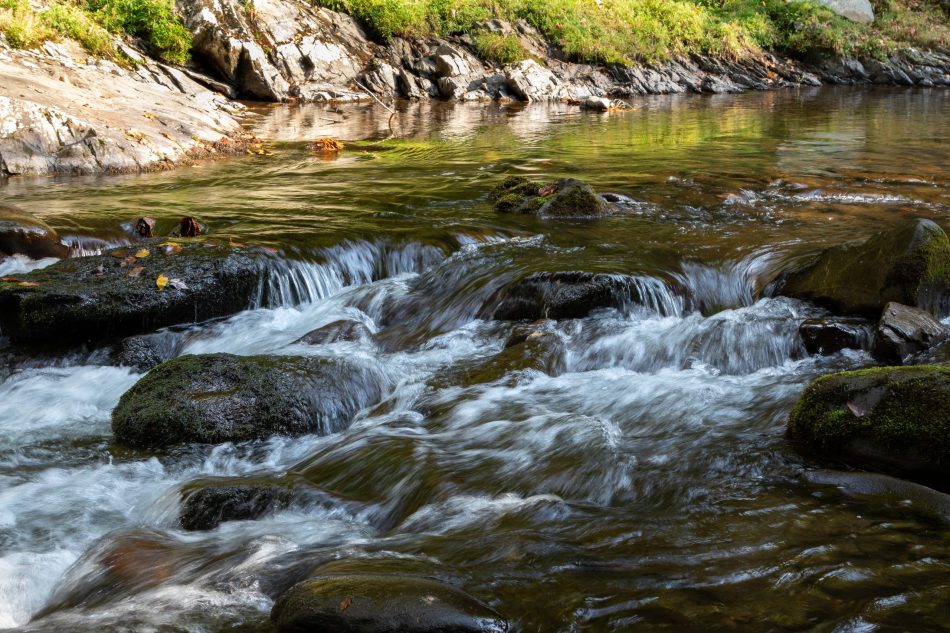This past Sunday was World Water Day. The day was founded by the United Nations in 1993 to celebrate the important role water plays in human and ecosystem health. In honor of this day, we bring you a variety of ways we can all save water for ourselves and for those who do not have easy access to safe, potable, water sources.
The bathroom is a common water-wasting site. To cut down on water misuse in the bathroom, take shorter showers, turn off the faucet while you brush your teeth, and consider investing in a low-flow showerhead. You can also check your pipes for leaks and your toilet by putting some food coloring in the tank and seeing if the color seeps into the bowl without flushing. Lastly, you can consider getting a dual flush toilet as well.
In the kitchen, dishwashing and food prep practices affect your water usage. Washing produce by dunking it in a bowl of water, rather than running the tap, is a great way to start saving water. Use a dishwasher if you have one as they actually use less water than hand washing, but only run them with a full load. Consider investing in a faucet aerator that allows you to adjust the water flow.
In the garden, you can make sure to only water your lawn during cool hours of the day with no wind, or consider replacing your lawn altogether with a native plant garden. Layers of mulch around trees also help prevent evaporation. Weeding your garden also helps cut down on water waste and greywater dividers can be used to repurpose household water to hydrate your yard. Make sure to cover your pool if you have one and use brooms, rather than a hose, to clean patios. Lastly, you’re actually better off taking your car to a car wash rather than doing it yourself when it comes to water waste.
The last category is not in your house but in your pocket. Using your money to buy Energy Star and WaterSense products, take public transportation, and limit your purchases of water-intensive products such as beef, coffee, and eggs are all solutions for flexing your dollars to save water.
Water is one of our planet’s most valuable resources. Demand for water is expected to increase by more than 50 percent in the next 20 years. Taking daily steps to reduce your personal water waste will benefit your health, global ecosystems, and your wallet!












